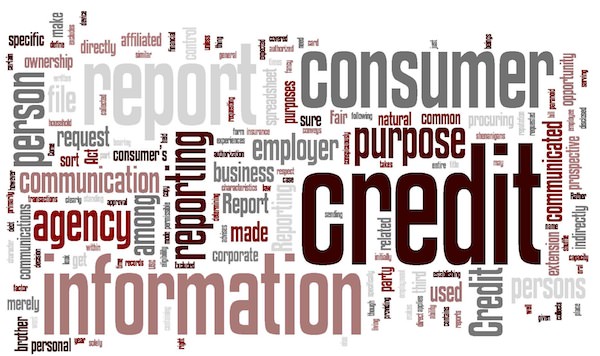What Is a Credit Report?
You want to look at your credit report a few times a year, just to be sure there are no shenanigans. The problem is in determining what is a credit report.

The Consumer Report – What It Is, And What It Is Not
The Fair Credit Reporting Act does not define a credit report. Rather, it uses the term “consumer report” because the law applies only to consumers. That’s not to say that it excludes business debt, merely that only natural human beings are covered here.
15 USC 1681a(d)(1) says that a “consumer report” is:
any written, oral, or other communication of any information by a consumer reporting agency bearing on a consumer’s credit worthiness, credit standing, credit capacity, character, general reputation, personal characteristics, or mode of living which is used or expected to be used or collected in whole or in part for the purpose of serving as a factor in establishing the consumer’s eligibility for—
- credit or insurance to be used primarily for personal, family, or household purposes;
- employment purposes; or
- any other purpose authorized as a permissible purpose under the Fair Credit Reporting Act.
Excluded from the definition of a consumer report are the following:
- any report containing information solely as to transactions or experiences between the consumer and the person making the report;
- communication of that information among persons related by common ownership or affiliated by corporate control;
- communication of other information among persons related by common ownership or affiliated by corporate control, if it is clearly and conspicuously disclosed to the consumer that the information may be communicated among such persons and the consumer is given the opportunity, before the time that the information is initially communicated, to direct that such information not be communicated among such persons;
- any authorization or approval of a specific extension of credit directly or indirectly by the issuer of a credit card or similar device;
- any report in which a person who has been requested by a third party to make a specific extension of credit directly or indirectly to a consumer conveys his or her decision with respect to such request, if the third party advises the consumer of the name and address of the person to whom the request was made, and such person makes the disclosures to the consumer required under section 1681m of this title;
- communications made to a prospective employer for the purpose of procuring an employee for the employer; or
- communications made to a prospective employer for the purpose of procuring an opportunity for a natural person to work for the employer.
Your Credit Report Is Not Your File
The credit reporting agency has a thick file on you (on me as well, so don’t get paranoid). That file contains all of the information held about you by the credit reporting agency. The credit report, however, is the information contained within that file that is sent to someone else.
You have the ability to get a copy of the entire file merely by requesting it from the credit reporting agency. There’s no fancy form to fill out, though you will need to make sure that you’re sending the request to the right place (in case it gets lost in the shuffle).
Your Credit Report Must Come From A Credit Reporting Agency
If your brother takes all of your financial records and turns the information into a spreadsheet, that’s not a credit report. Why? Because a credit report is a communication of certain information by a credit reporting agency. And a credit reporting agency is a person or business that collects this sort of information specifically for the purpose of providing consumer reports. So unless your brother goes around doing this sort of thing as a business, that spreadsheet doesn’t fit the bill.
The post What Is a Credit Report? appeared first on Shaev & Fleischman LLP.

 Updated daily, this blog will keep you informed on the latest bankruptcy news!
Updated daily, this blog will keep you informed on the latest bankruptcy news!  Learn more about how Bankruptcy works and what you need to know.
Learn more about how Bankruptcy works and what you need to know.